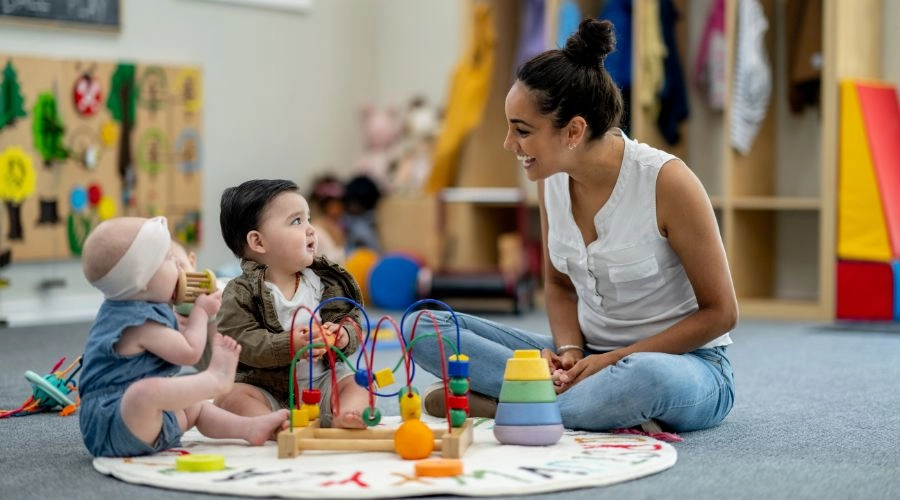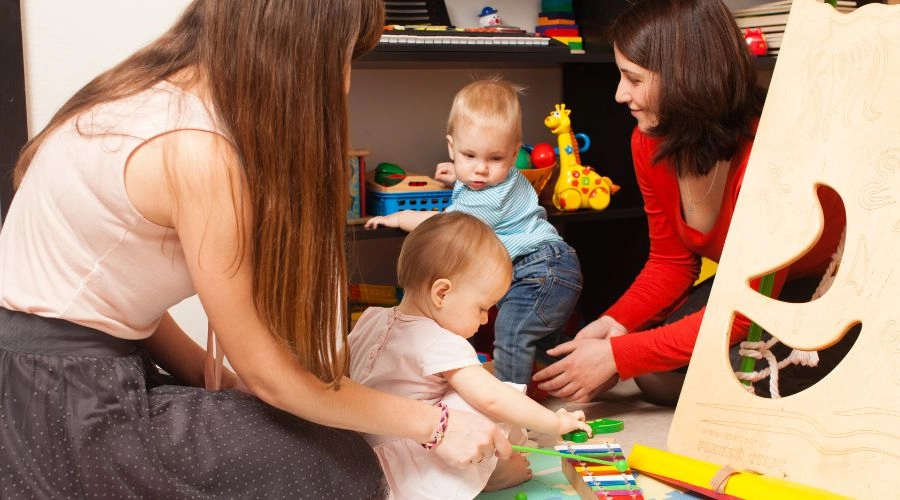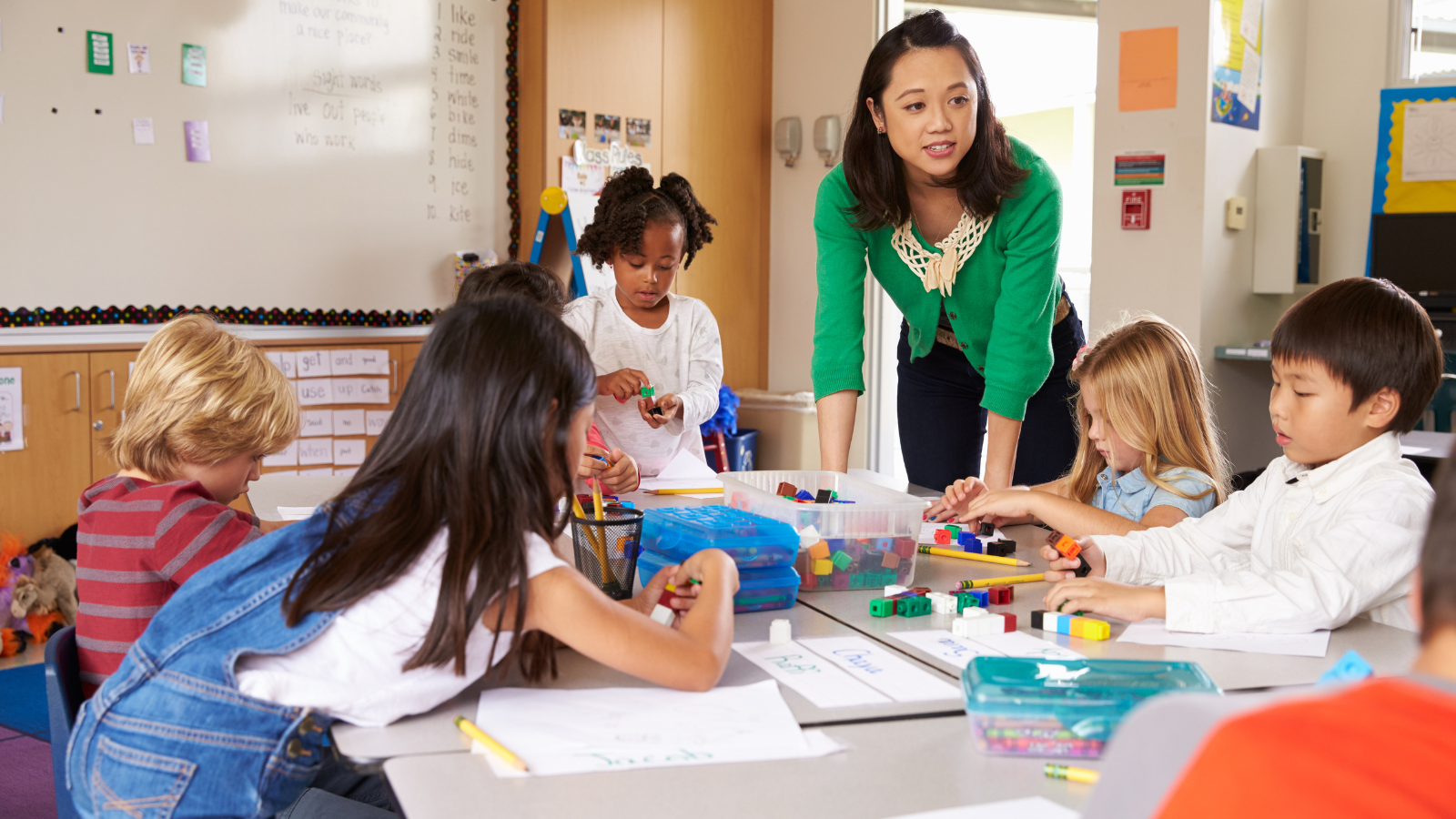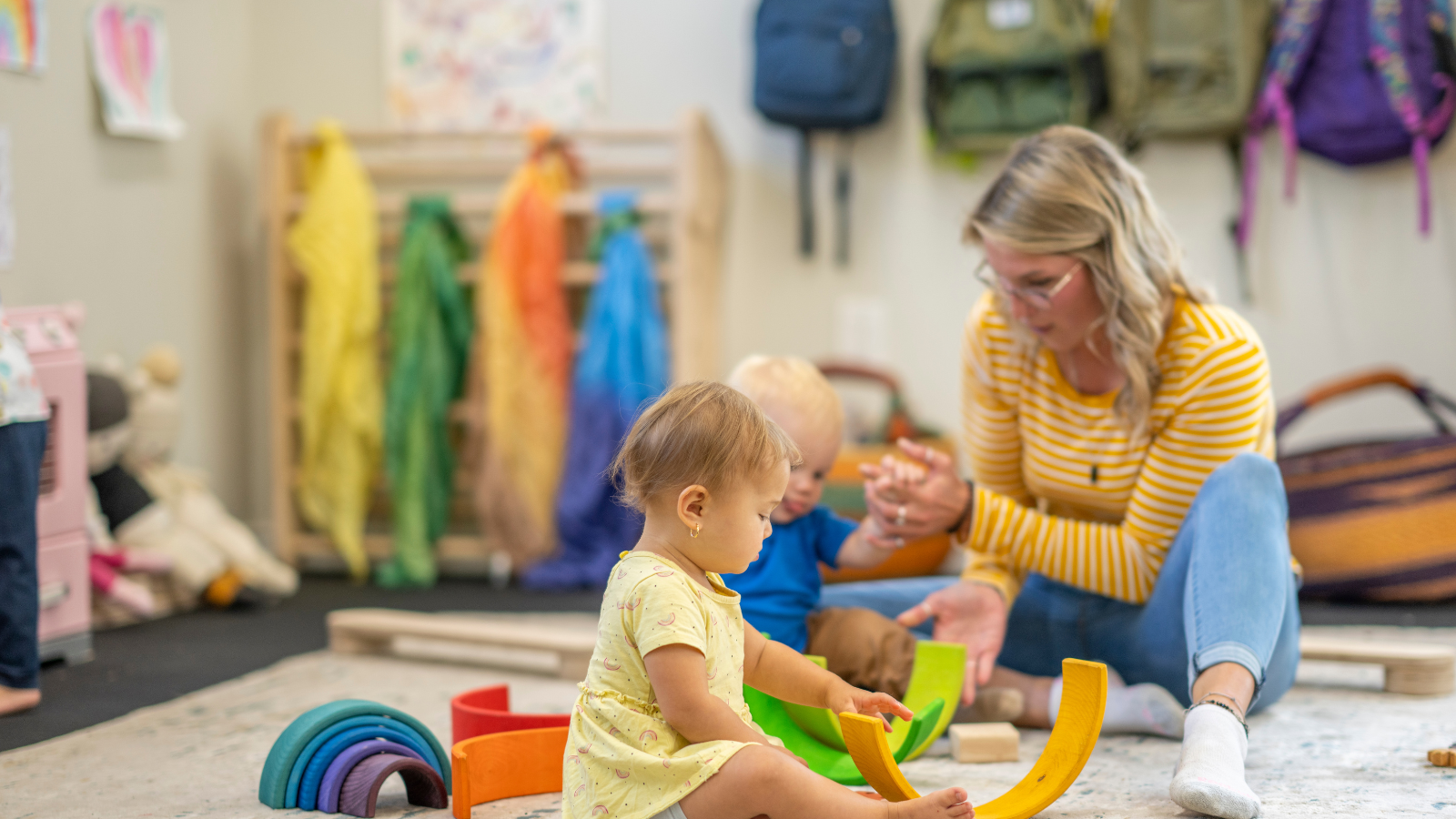Children instinctively participate in play, and while it may not seem so, they continuously learn as they do so. Encouraging children to learn via play allows them to have actual and spontaneous experiences with new things. They navigate their surroundings by employing critical thinking and creativity to overcome difficulties. These are key abilities that will prepare youngsters for success in school and beyond.
Organized activities are often necessary for children to acquire academic or kindergarten-ready abilities such as phonics, reading, writing, numbers, or colors. Yet, it is crucial to note that play does not have to be a scheduled activity. It’s preferable if it’s not!
Open-ended play allows youngsters to see the world through their own eyes. Various methods also integrate play-based experiences into everyday work or daily routines.
Try these ideas:
While cooking: Encourage your youngster to participate in pretend play. Turn your kitchen into a pretend restaurant. What role will your kid choose? The chef? A server? They may draw a
menu or write a recipe card for their supper.
At the grocery store: Play “I spy” with your youngster. Make them guess what object you’re thinking about by mentioning several attributes. This is a fantastic technique to help toddlers learn colors, shapes, adjectives, and so much more.
While doing laundry: einsteineruploaded with. This is an excellent method to introduce phonics into a mundane task.
In the car: Have your youngster search for the numbers 1 through 10 on signs and billboards. Check if they can name them all in sequence by the time you reach your destination.
During transitions: Ask youngsters to choose an animal they want to be. Urge them to move like that animal from point A to point B. This beautiful approach boosts your child’s gross motor development and fosters creativity and imagination!
Play supports not only academic learning but also fosters healthy social-emotional abilities. These abilities are equally as vital as academics. Children learn to self-regulate, share, and resolve problems via play.
Regardless of the form of learning, remember that children learn best when engaged and interested in the experience. Turning events into enjoyable, amusing activities can help your kid grow in all areas.






